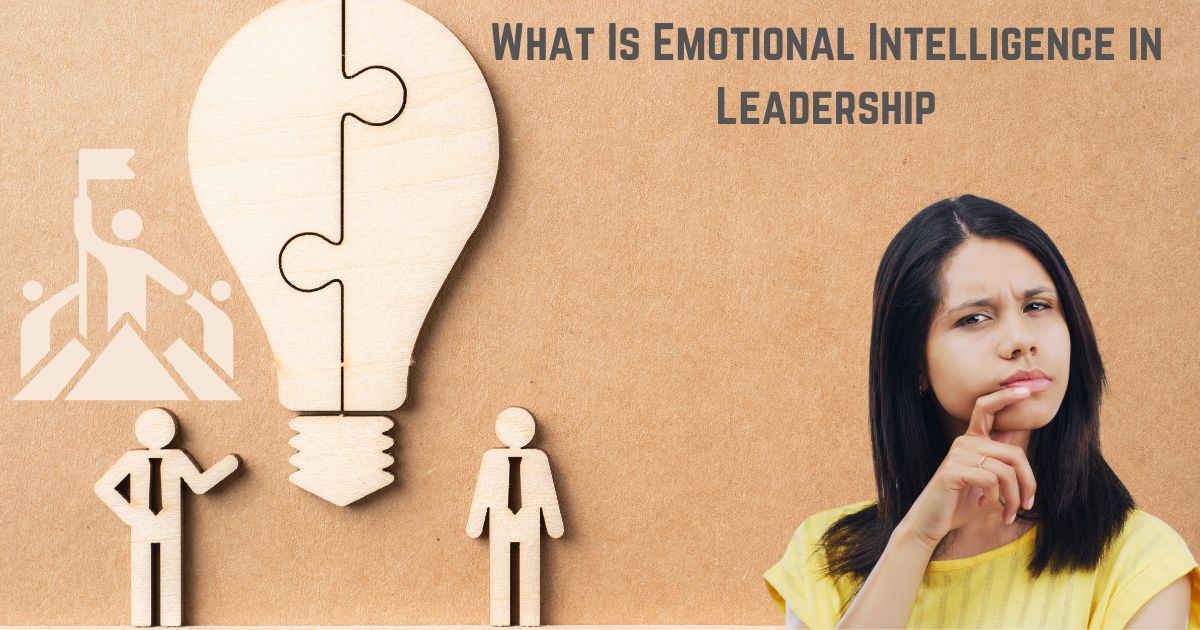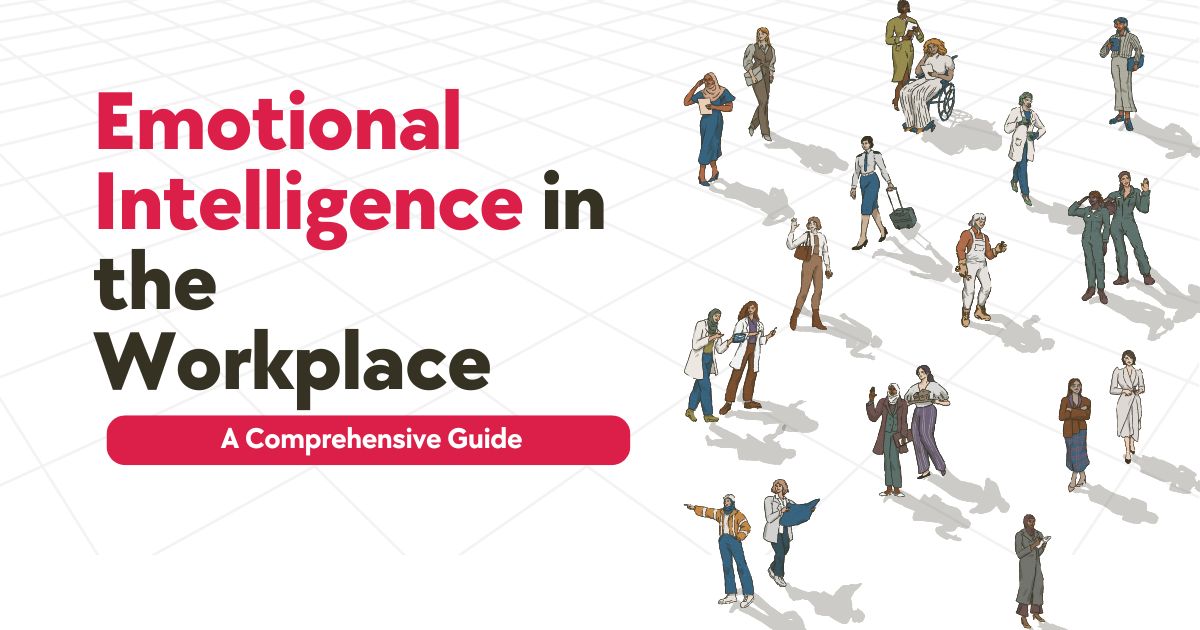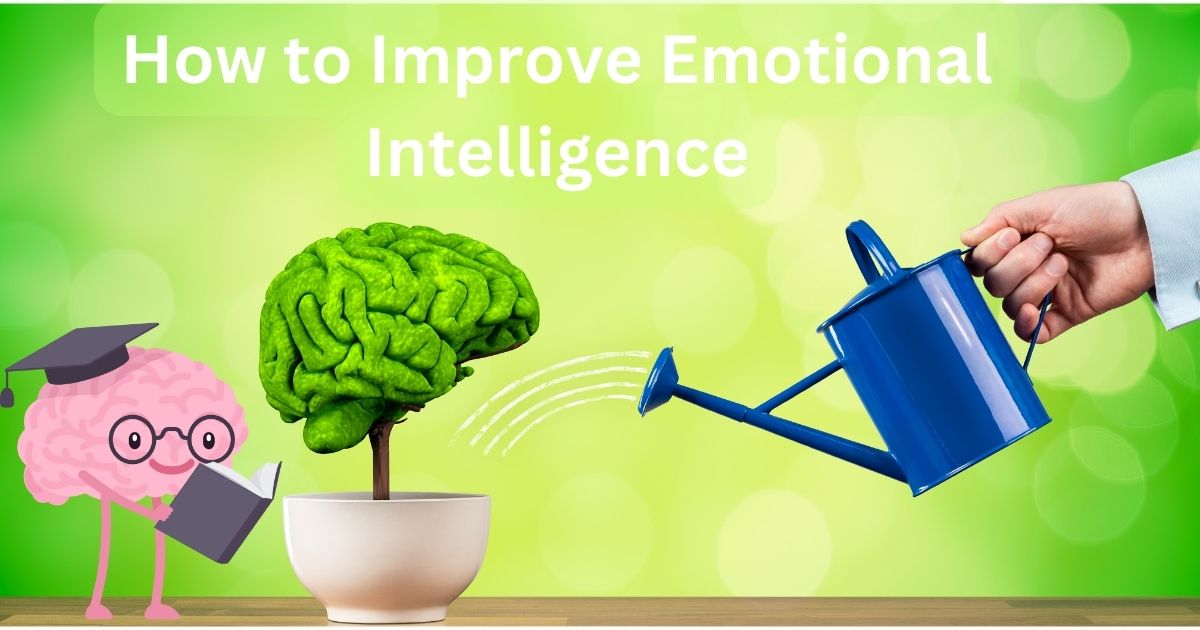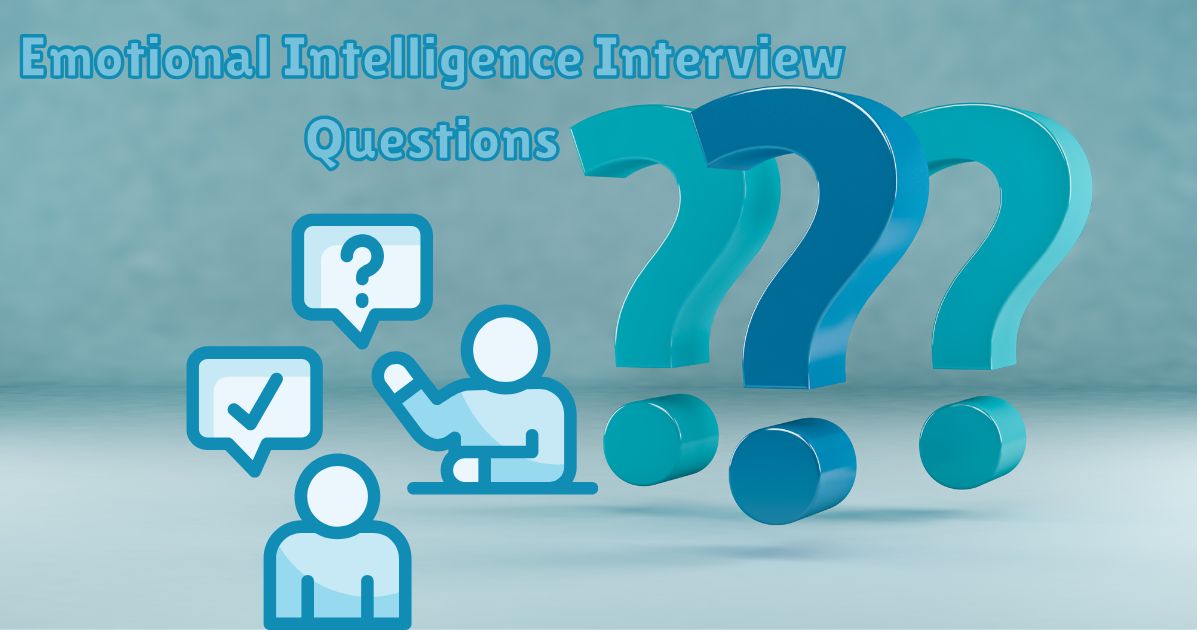Introduction:
What Is Emotional Intelligence in Leadership
In today’s fast-paced world, effective leadership is not fair about having the right skills or information. It’s also understanding and overseeing emotions in both your own, those of individuals around you. This pivotal aspect successful known as emotional intelligence. But what intelligence in leadership? Let’s jump into details to understand its significance, components, how it can be developed to make stronger, more empathetic leaders.
What Is Emotional Intelligence in Leadership?
Emotional intelligence in leadership is the capacity of leaders to perceive, comprehend, and deal with their own feelings while likewise having option impact on others. This expertise imperative in establishing a positive workplace, encouraging collaboration and driving organizational success. The primary keyword “what emotional leadership” envelops figuring out its definition, part powerful administration, ways of further developing it.
Components of Emotional Intelligence
To answer the query, “what’s emotional intelligence in leadership?” it’s critical to interrupt down its core components.
These components have been popularized by using psychologist Daniel Goleman and are as follows:
1. Self-Awareness:
Self-awareness includes recognizing one’s emotions and their effect on others. Leaders with high self-cognizance are aware of strengths, weaknesses, the outcomes move group. They understand how it can impact selection-making method interactions.
2. Self-Regulation:
Self-regulation is the capability to manipulate or redirect disruptive feelings and impulses. Leaders who can self-regulate are much less probably to make hasty choices or express themselves inappropriately. They maintain control, think before acting, and manage their stress effectively.
3. Motivation:
Motivated leaders are driven to reap beyond expectations. They own a robust internal pressure to meet their goals and obsessed on work. This motivation additionally entails setting high standards for oneself, striving non-stop development.
4. Empathy:
Empathy is the capacity to understand and share the feelings of others. Empathetic pioneers can construct solid connections, understand the needs and concerns of their group individuals, and give support. This ability is significant for managing a diverse workforce and creating an inclusive work environment.
5. Social Skills:
Social skills involve managing relationships to move people in the desired direction. Leaders with strong social are adept at conflict resolution, effective communication, and fostering teamwork. They build networks, manage change well, inspire others.
Why Is Emotional Intelligence Important in Leadership?
Understanding what’s emotional intelligence in leadership enables in understanding its significance. Leaders with excessive emotional intelligence can navigate complicated social environments, control stress, and make more knowledgeable choices. Here are some reasons why emotional intelligence is essential in management:
Enhanced Communication:
Leaders with emotional intelligence can communicate more effectively. They understand how to convey their messages clearly and empathetically, ensuring that team members can feel heard, valued.
Better Decision-Making:
Emotional intelligence allows leaders to make higher decisions by way of taking into consideration the emotional elements of a state of affairs. They can weigh the emotional impact of their alternatives and don’t forget the feelings of their crew members, main to greater holistic and powerful decisions.
Improved Team Performance:
Teams led by emotionally intelligent leaders often perform better. Such leaders can inspire and motivate their team, create a positive work environment, and handle conflicts efficiently. This leads to increased productivity and job satisfaction.
Stronger Relationships:
Building strong relationships is a key aspect of administration. Emotional intelligence empowers pioneers to connect with their team members on a more profound level, fostering trust and loyalty. This crucial for holding talent, maintaining cohesive team.
Effective Conflict Resolution:
Conflicts are inevitable in any workplace. Leaders high emotional superior prepared to handle clashes calmly, constructively. They can understand different perspectives, find solutions that fulfill all parties involved.
How to Develop Emotional Intelligence in Leadership
Now that we comprehend what is the emotional intelligence in leadership and its significance, the following stage is to figure out how to foster it.
Here are a few procedures to improve the capacity to understand people on a profound level:.
Practice Self-Reflection:
Self-reflection is an effective tool for increasing self-cognizance. Leaders should often take time to reflect on their emotions, behaviors, and the effect they’ve on others. Journaling or seeking comments from trusted colleagues can aid on this method.
Manage Stress Effectively:
Stress administration is significant for self-regulation. Leaders can adopt strategies such as mindfulness, profound breathing works out, or physical activities to oversee their stress levels. Staying calm under pressure is essential for successful leadership.
Seek Continuous Learning:
Leaders should be committed to continuous learning and self-improvement. This can include going to workshops, perusing books on passionate insights, or locks in proficient coaching. Learning from past encounters and applying unused experiences can significantly improve emotional intelligence.
Practice Empathy:
Developing empathy includes effectively listening to others and trying to understand their points of view. Leaders can practice empathy by locks in open and legitimate conversations, showing genuine interest in their team members’ concerns, and providing support when needed.
Enhance Communication Skills:
Effective Communication is on the heart of emotional intelligence. Leaders should work in their verbal exchange abilities by being clear, concise, and respectful. They must additionally be open to remarks, willing to evolve style to satisfy the wishes of the target market.
Foster Positive Relationships:
Building and maintaining positive relationships requires exertion and intentionality. Leaders can cultivate positive connections by being receptive, appearing appreciation, and making openings for group bonding. Celebrating victories and giving valuable feedback are too important aspects.
Table about How to Develop Emotional Intelligence in Leadership:
| Strategy | Description | Benefits |
|---|---|---|
| Practice Self-Reflection | Regularly take time to reflect on your emotions, behaviors, and their impact on others. | Increases self-awareness, helps identify strengths and weaknesses, improves decision-making. |
| Manage Stress Effectively | Adopt techniques like mindfulness, deep breathing, or physical exercises to handle stress. | Enhances self-regulation, reduces impulsive reactions, promotes calm and thoughtful responses. |
| Seek Continuous Learning | Engage in activities such as workshops, reading, or professional coaching to learn about EI. | Fosters personal growth, keeps leadership skills up-to-date, encourages adaptation to new challenges. |
| Practice Empathy | Actively listen to others and try to understand their perspectives and emotions. | Builds strong relationships, fosters trust and loyalty, improves conflict resolution. |
| Enhance Communication Skills | Work on being clear, concise, and respectful in your communication, and be open to feedback. | Improves team understanding and cohesion, reduces misunderstandings, enhances influence and persuasion. |
| Foster Positive Relationships | Create opportunities for team bonding, show appreciation, and be approachable. | Strengthens team dynamics, increases job satisfaction, promotes a supportive work environment. |
| Solicit and Act on Feedback | Regularly seek feedback from team members and act on it to improve your leadership style. | Enhances self-awareness, fosters continuous improvement, builds trust and respect from team. |
| Develop Emotional Literacy | Learn to accurately label your emotions and understand their triggers and impacts. | Improves self-awareness, enhances emotional regulation, aids in effective communication. |
| Mentorship and Coaching | Engage in mentoring or coaching relationships to gain new insights and guidance. | Provides external perspectives, accelerates personal development, enhances leadership skills. |
FAQs About Emotional Intelligence in Leadership
What is the position of emotional intelligence in management success?
Emotional intelligence performs a critical position in leadership fulfillment by enhancing communication, enhancing selection-making, boosting crew performance, strengthening relationships, and allowing effective struggle decision.
How can leaders improve their emotional intelligence?
Leaders can improve their emotional intelligence by using practicing self-mirrored image, coping with pressure efficiently, in search of non-stop learning, working towards empathy, improving conversation talents, and fostering nice relationships.
Can emotional intelligence be found out?
Yes, emotional intelligence may be discovered and advanced through the years. With determination and practice, leaders can enhance their emotional intelligence through numerous techniques and techniques.
Why is empathy significant in management?
Empathy is critical in leadership because it facilitates leaders to recognize and hook up with their crew individuals. It fosters a supportive work surroundings, complements communication, and builds consider and loyalty in the crew.
Conclusion
Understanding what is emotional intelligence in leadership, key to becoming a more successful and compassionate leader. Emotional intelligence includes self-awareness, self-regulation, inspiration, empathy, social skills. These components are basic for building strong relationships, making educated decisions, positive work environment. By practicing self-reflection, managing stress, looking continuous learning, sympathy, improving communication abilities, cultivating leaders can create make strides in their intelligence. Ultimately, leads way better group performance, stronger connections, greater organizational success.




